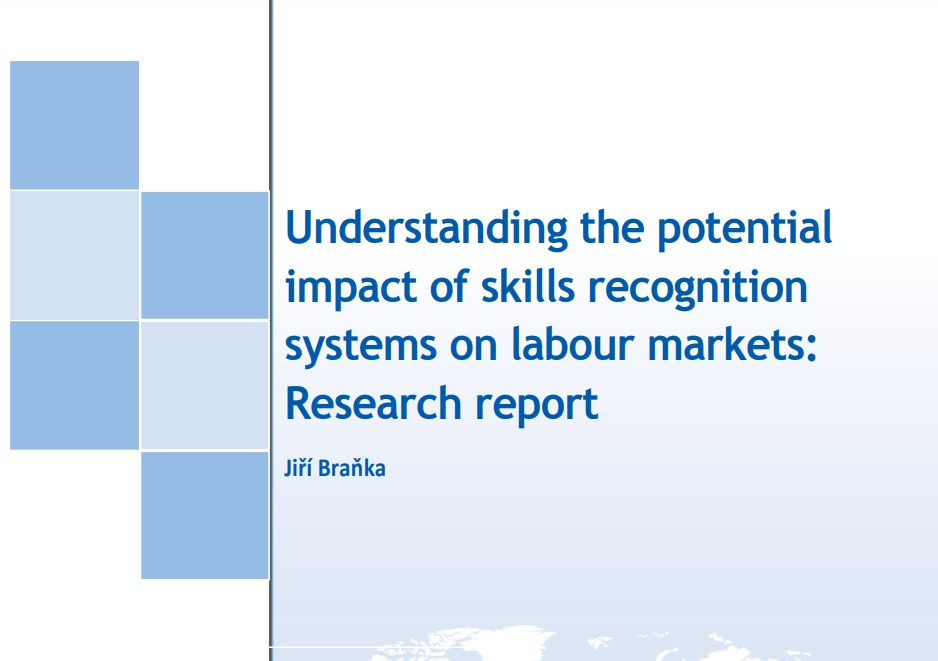Aspyee Admin
Resource
Understanding the potential impact of skills recognition systems on labour markets: Research report
Image

A comprehensive literature review and analysis of 17 case studies demonstrate the potential of impact of skills recognition systems on the labour market, particularly with regard to matching skills and jobs. A significant part of the research has been devoted to the measurement and interpretation of data, information, indicators of outputs and of the impact of existing systems.
The five most difficult challenges for skills recognition systems identified includeunderstanding needs; identifying and involving stakeholders; providing quality and accessible services; communicating and building awareness and participation; and monitoring and evaluating the outputs and impact of recognition activities.


